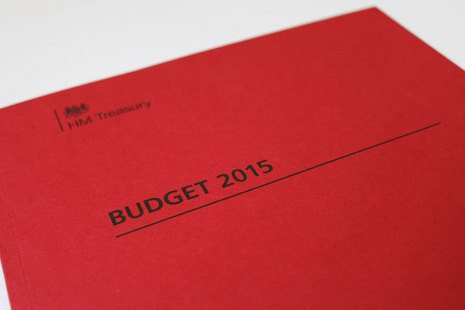Chancellor George Osborne’s Autumn Statement speech was no news is good news for expat pensions.
Although he was on his feet in the House of Commons for more than an hour, he only spent a few minutes discussing the State Pension and made no mention of changes on Qualifying Recognised Overseas Pension Schemes (QROPS).
This is the first time in several Budget and Autumn Statement speeches in which Osborne has resisted the temptation to tinker with pensions.
Much to the relief of expats, any pipelined transfers can continue as planned and the rules remain the same for the foreseeable future.
QROPS experts were expecting Osborne to make some adjustment to the rule that ringfences 70% of any tax relieved contributions transferred into a QROPS pension.
Changes to 70% rule were expected
Last year, The Treasury suggested that this rule would go when flexible access rules were introduced in April 2015 for onshore pensions, then the mandarins changed their minds.
The U-turn was meant as a ‘temporary’ requirement and stops some offshore providers from introducing pension freedoms for QROPS along the lines of those available to UK retirement savers.
The rule only affects providers based in financial centres outside the European Union.
QROPS experts speculate that the rule is still in place to stop retirement savers moving abroad and emptying out their pensions, but without any tax flowing to the UK Treasury.
State Pension increase confirmed
For the State Pension, the Chancellor confirmed the ‘triple lock’ will see the weekly pension payment rise to £119.30 for index-linked pensions from April 2016.
He also announced for the first time that the single-tier or flat-rate pension that starts for those reaching state retirement age on April 6, 2016 will be £155.65 a week.
Unfortunately expat state pensions living in countries without a reciprocal benefits agreement with the UK will not receive the increase.
Many other pensioners living in the UK may not receive the full flat rate pension either.
Although the government has much heralded the new pension deal, little publicity has been given to the qualifying rules taxpayers will have to pass to obtain the full payment.
From April 2016, instead of 30 qualifying years of national insurance contribution being judged as enough to gain the full payment, the requirement rises to 35 years.
